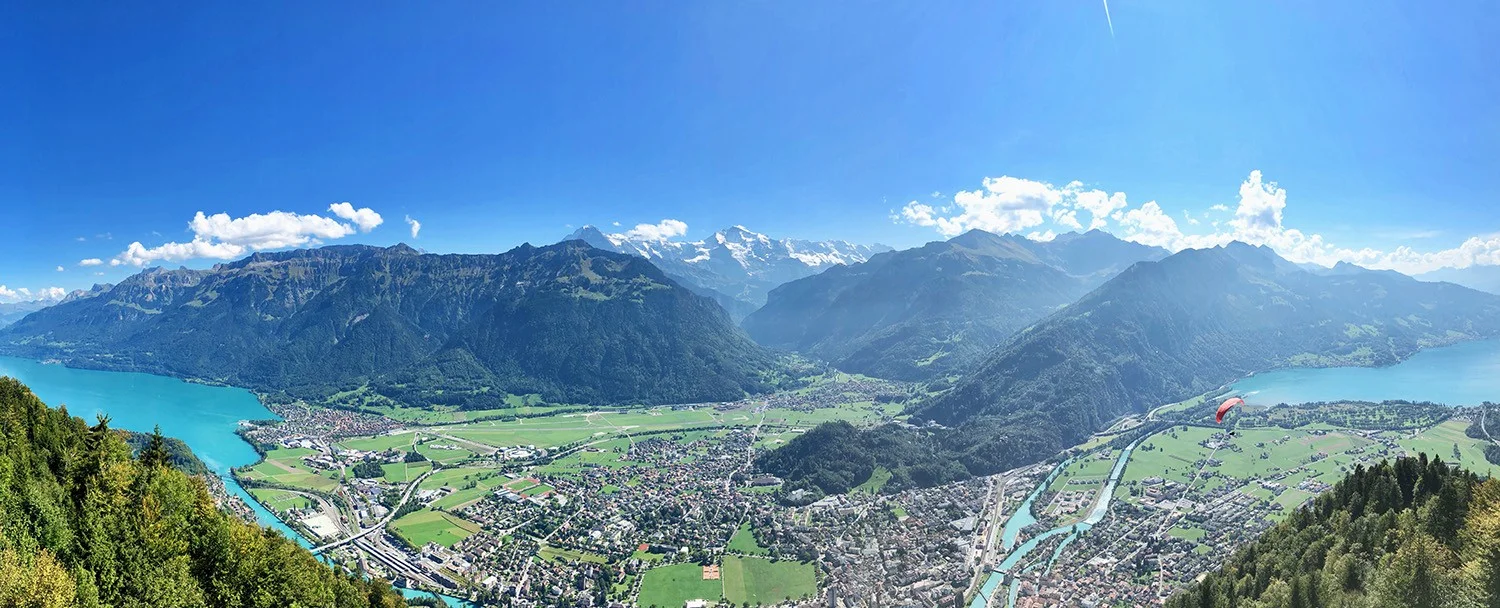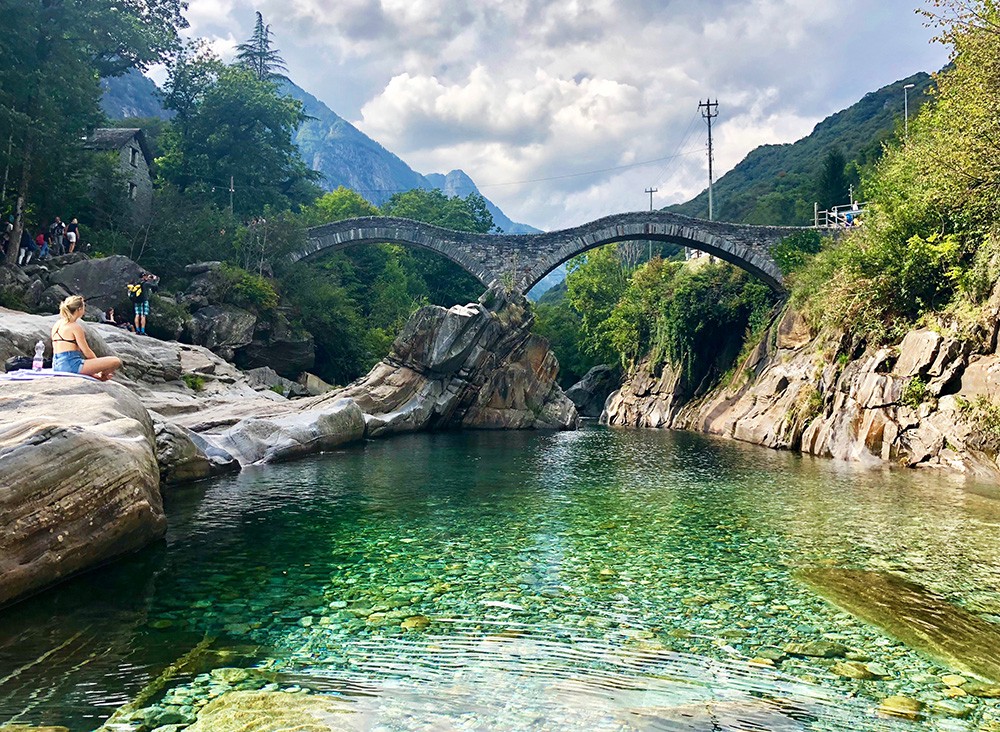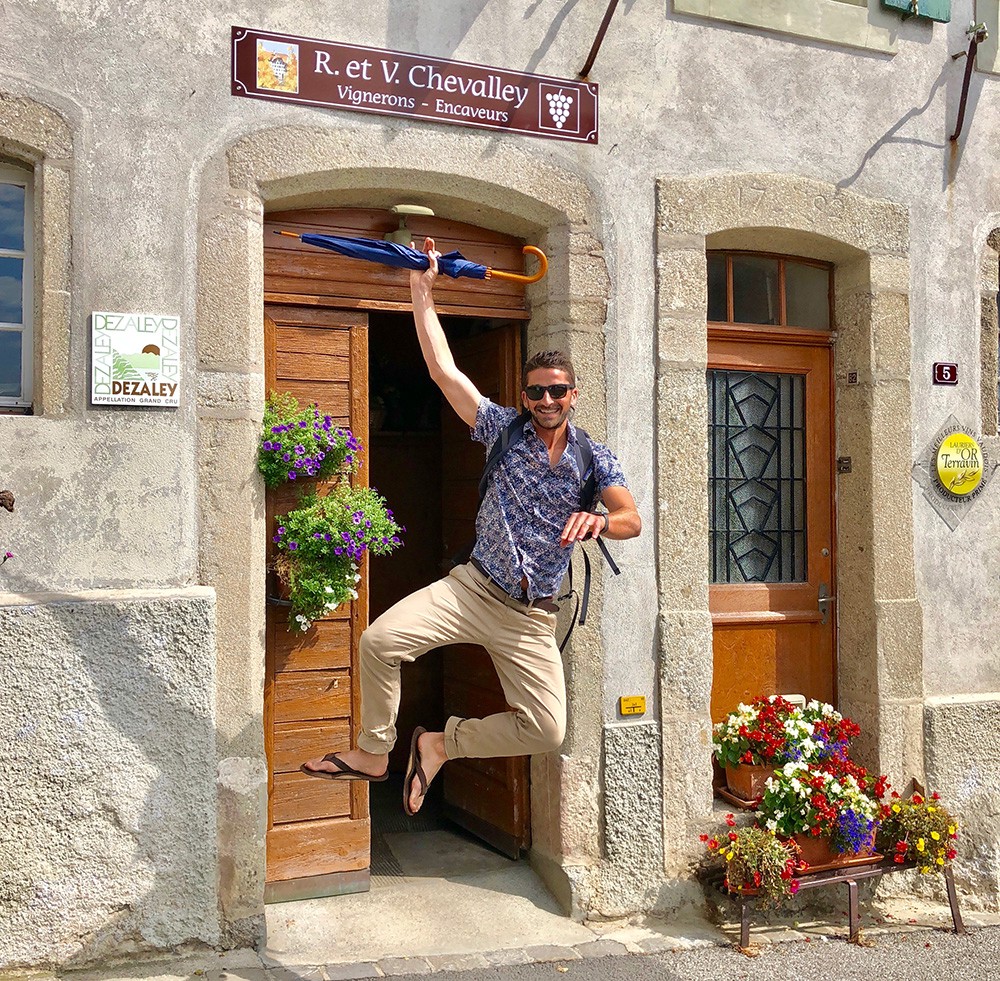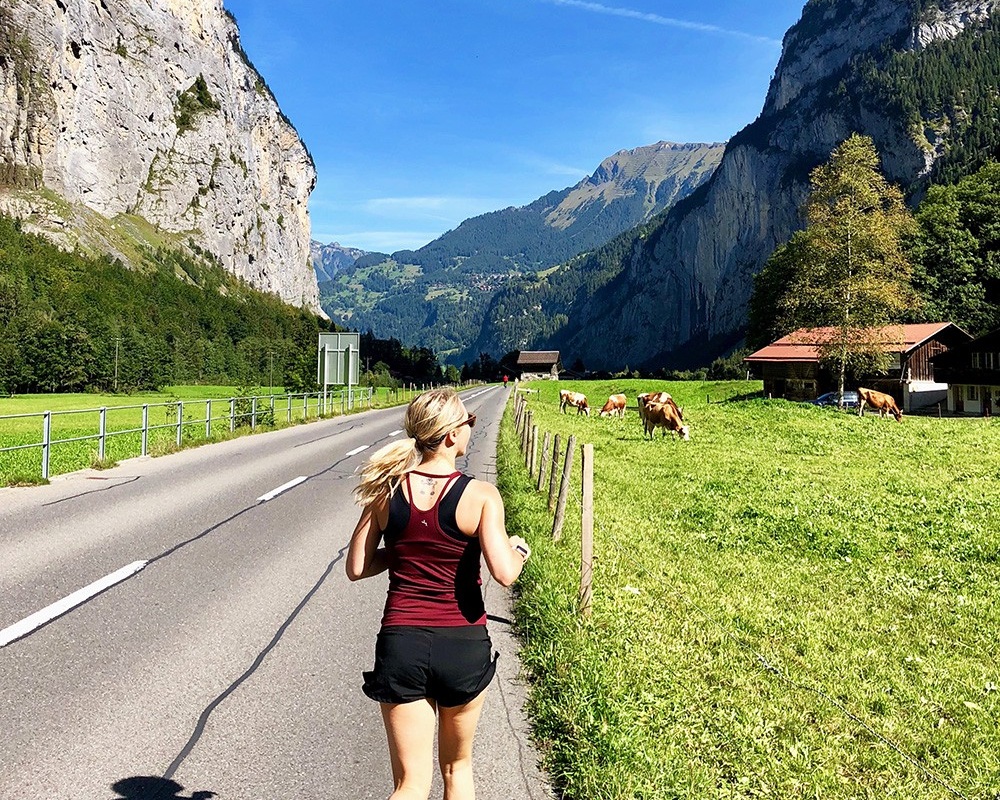Why You Need a Vacation (But it May Not Help Your Problems at Work)
I’m a big believer in practicing what I preach.
Up until recently, I openly admit that I wasn’t living up to my own preaching in one specific area: vacation.
Readers of my newsletter, Thinker, know that the US workforce leaves an unbelievable amount of vacation time on the table every year (though evidence suggests that vacationing makes employees both happier and more successful). We all need a vacation.
I was no exception to the rule, which is precisely why my wife, Katelyn, and I decided to take a full two weeks off — totally disconnected — to travel across the beautiful mountains of Italy and Switzerland.
What follows is a candid reflection on what I learned about myself and about work in the process and why vacations might not be the answer you’re looking for.
The importance of fully disconnecting
Over the years I’ve become a pro at the workation.
What’s a workation?
A workation is when you take a vacation, but you bring your work with you in the form of email, Slack, and the several other ways we stay connected to our jobs.
Whether it’s for a week or two, or just an extended weekend, workations have allowed me to travel the world while relieving the guilt and anxiety that often comes along with taking a real, fully-disconnected vacation.
Check an email here, respond to a message there… what’s the big deal?
My first (and most important) learning is that you won’t truly feel the positive effects of vacation unless you fully disconnect.
It sounds silly saying this out loud, but the hardest thing to admit before going on vacation is that, unless you’re the CEO or founder, your company and colleagues will get along just fine without you.
Say it with me: The world will go on without me and that’s alright!
We all bring unique skills and assets to our employers, it’s why they hired us in the first place! But two weeks away from your job will not discredit your past achievements, value, and/or worth to your company.
The tasks that you think need to be done today, can wait. The emails can wait. The Slack messages can wait.
What matters is that you take some time for yourself. Fully disconnecting from your work will allow you to relax in a way that you can’t imagine unless you experience it. It’s a strange feeling having absolutely no cares in the world… have you ever tried it?
Plus, you’ll be surprised what you learn about yourself in the process.
You might not find what you’re looking for
One of the biggest misconceptions about vacationing is that you’re supposed to come back with some big, life-changing revelation or a brand new perspective on the meaning of life and work.
That’s simply not true (and highly unlikely).
Yes, taking a vacation can provide you with a renewed sense of purpose. Vacations might also help to remind you of what’s important in your life and things that you likely take for granted.
A delicious cup of coffee, for example, is something I take for granted.
I also take for granted the ability to eat dozens of different types of incredible cuisines by simply walking down the street (and salads).
And living close to friends and family.
But you won’t come back from vacation knowing what you want to do for the rest of your life. Or with the next great product idea. Or with dozens of dazzling new projects to explore when you return to the office.
There’s an inherent danger in using vacation for the latter — as inspiration for your work.
Vacation is personal. I believe it’s better and more effective to use vacation to discover who you are outside of work, rather than to use vacation as a tool to shape who you are at work.
If you’re thinking about work the whole time, how are you truly supposed to experience the sights, sounds, smells, and people around you?
In his book, Essentialism, Greg McKeown discusses the powerful impact of making time for “play.” As adults, we’ve lost our inner-child in many ways, but making time for play allows us to clear our mind, reset, and take on a new perspective.
Some of my best ideas have come as a result of a long run in the woods.
Vacation won’t solve deep-seeded issues at work
A lot of people I’ve talked to in the SaaS/tech industry use vacation as a way to relieve burnout.
Work 10–12 hours a day for six months and then take a vacation. Repeat.
Or worse, they take a vacation as a means to escape a job that they’ve fell out of love with.
The problem with this approach is that it’s only a temporary solution.
Sure, you’ll likely feel energized and motivated when you return to work, only to experience the same nagging emotions of burnout or contempt a few short weeks later.
Should you still take vacation in these situations? Absolutely!
However, if the symptoms of burnout remain when you return or if you’re not enjoying your work like you once did, these issues are going to require more than a vacation to solve.
As I mentioned before, use vacation as a means to discover more about who you are personally.
What you learn in the moments away from work will help to shape your decisions at work in a healthier and more sustainable way.
For example, you might realize (like I did) that all of the pressure we put on ourselves to perform at a high level every single day is self-inflicted.
Yes, external factors affect our behaviors, but at the end of the day we control our own destiny. We alone have the power to determine what’s important to us, rather than measuring success based on what others have achieved.
At the very least, vacationing will help to make the path forward more clear.
Vacation is an opportunity to do more of what you love
Vacation might mean one hundred different things to one hundred different people.
For some it’s drinking Mai Tais on the beach while watching the waves crash. For others it’s eating exotic food deep in the heart of Thailand with thousands of people, sights, and foreign smells.
For me, a vacation has little to do with relaxing. In fact, I’m mentally and physically occupied 95% of the time. I’d rather be trail running than sitting by the pool, hiking than lounging, reading than napping.
That’s what makes vacations beautiful and so rewarding. Don’t think you have to do nothing to reap the benefits of a vacation.
You’re making up for lost time doing the things you love, but can’t because you’re hard at work.
It’s easy to forget that our work is not who we are — exploring your hobbies and passions outside of your 9-to-5 can make you feel like a kid again, even if only for a week or two.
Whatever you’re passionate about — reading, hiking, skiing, eating, drinking, speaking, flying, fishing — soak it up. You’ll look back on these wonderful times one day and wish that you only had time for more.
“Twenty years from now you will be more disappointed by the things you didn’t do than by the ones you did. So throw off the bowlines, sail away from the safe harbor. Catch the trade winds in you sail. Explore. Dream. Discover.” – Mark Twain




